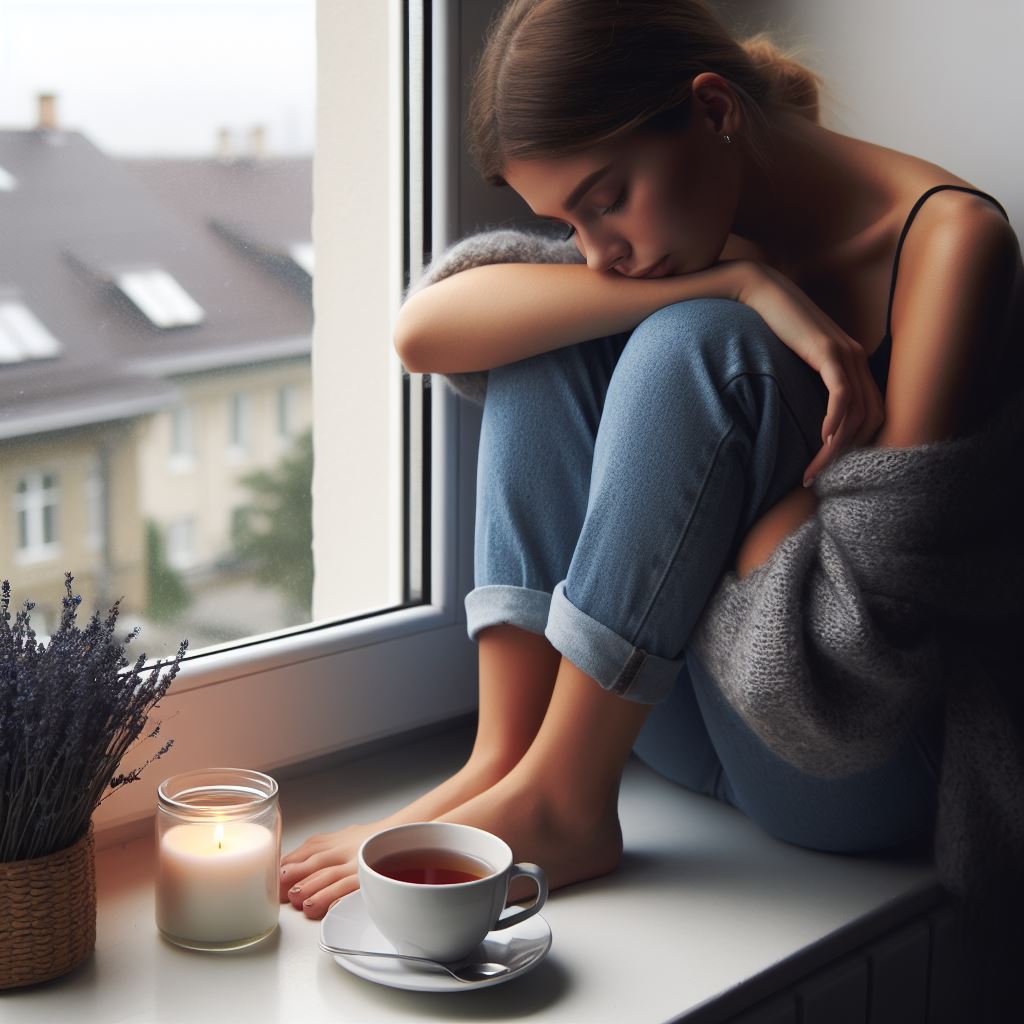Depression and Aromatherapy
Learn how aromatherapy can help depression.

Depression is a severe and widespread mental health condition that affects millions of individuals globally. Characterized by persistent feelings of sadness, hopelessness, and a lack of interest or pleasure in daily activities, depression can significantly impair one’s quality of life. Traditional treatments often include medications such as antidepressants, as well as various forms of psychotherapy. However, an increasing number of people are exploring complementary therapies to alleviate symptoms, one of which is aromatherapy.
Aromatherapy is a holistic healing treatment that uses natural plant extracts, commonly known as essential oils, to promote physical and psychological well-being. The practice involves diffusing or applying these oils to the skin with the intention of harnessing their therapeutic properties. The connection between smell and emotion is well-documented; the olfactory bulb, which processes scents, has direct links to the brain's limbic system, an area heavily involved in emotion and memory.
Lavender, bergamot, and chamomile are some essential oils popular in managing symptoms of depression. Lavender oil is renowned for its calming properties and its ability to reduce anxiety and improve sleep, common issues faced by individuals with depression. Scientific studies have indicated that lavender can significantly decrease levels of cortisol, the stress hormone, thus promoting a sense of relaxation.
Bergamot oil, derived from a type of citrus fruit, is another potent scent known to elevate mood. Research reveals that inhaling bergamot essential oil can lead to significant improvement in mood states, enhancing feelings of positivity and reducing fatigue. The invigorating aroma of bergamot has been linked to the release of serotonin and dopamine, neurotransmitters that play a key role in regulating mood and emotional well-being.
Chamomile oil, often used as a natural remedy for insomnia and anxiety, also holds promise for those struggling with depression. Chamomile's soothing properties can help calm the nervous system, leading to improved mood and emotional stability. Regular use of chamomile essential oil has been associated with reduced symptoms of mild to moderate depression, making it a valuable addition to any aromatherapy regimen.
It is important to note that while aromatherapy can offer relief, it should not replace conventional treatments. Depression is a complex and multifaceted condition that often requires a comprehensive treatment approach, including medication, psychotherapy, lifestyle changes, and support from mental health professionals. Aromatherapy, however, can be a beneficial complementary treatment, offering individuals a natural and holistic option to manage their symptoms.
Incorporating aromatherapy into a daily routine is relatively simple. Essential oils can be diffused in living spaces, added to bathwater, or even used in massage oils. As always, it is advisable to consult with a healthcare provider before starting any new treatment to ensure it complements the existing treatment plan effectively. With its potential to enhance emotional well-being and improve overall quality of life, aromatherapy stands out as a promising complementary therapy in the battle against depression.